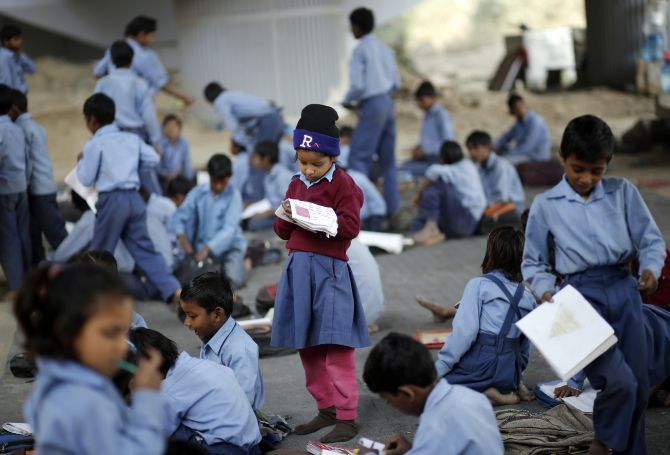Data mining with the object of ensuring that resources are properly deployed to legitimate beneficiaries is a valid ground for the state to insist on the collection of authentic data

The linkage of Aadhaar to the government’s welfare programmes involving either subsidy or other benefits will remain unaffected by Wednesday’s Supreme Court judgment upholding the right to privacy as a fundamental right.
"Allocation of resources for human development is coupled with a legitimate concern that the utilisation of resources should not be siphoned off for extraneous purposes.
Data mining with the object of ensuring that resources are properly deployed to legitimate beneficiaries is a valid ground for the state to insist on the collection of authentic data,” the apex court observed in its order.
It, however, said the data the state collected should be utilised for legitimate purposes of the state and ought not to be used in an unauthorised manner for extraneous purposes.
Officials said the government would be coming up with operating procedures, while asking for details from citizens or beneficiaries of services through the direct benefit transfer (DBT) system, or any other scheme.
“The benchmark for what constitutes reasonable restrictions will now need to be changed,” said a senior government official.
According to the government data, there are 276 cash-based transfer schemes that are currently covered under DBT and linked to Aadhaar.
Another 52 “in-kind schemes”, that involve government benefits in kind, are also linked to the identification number.
The official, who is involved in the Aadhaar programme, said various enabling laws such as the IT Act and the Aadhaar Act empowered the Centre to ask for details for giving benefits.
However, there needs to be a clear procedure in place for alternative ways of identifying a bona fide beneficiary.
“Whatever government-mandated identification cards can be used to ascertain a citizen’s identity will be used,” the official said.
This means the Aadhaar card itself could lose its pre-eminence as an identification document.
“This is still a work in progress for us. We will have to study the judgment carefully,” said the official. However, the judgment also provided the much-needed clarity, he added.
Now that privacy has been declared a fundamental right, there will be a clear locus standi for all parties involved when the Supreme Court takes up the validity of Aadhaar.
Another official involved in DBT in cooking gas subsidy said the government had made Aadhaar mandatory for only those availing of subsidy.
Photograph: Anindito Mukherjee/Reuters












 © 2025
© 2025